Who is behind the Hub?
Together, as part of a broader inter-agency collaboration to streamline methodologies and processes, the UN custodian agencies of SDG 12 are building The SDG 12 Hub. Through this collaboration the custodian agencies aim to make SDG 12 and SCP accessible and transparent to governments and others, in terms of measuring progress on the SDGs, nationally tracking SCP progress and accessing solutions to deliver on Agenda 2030.
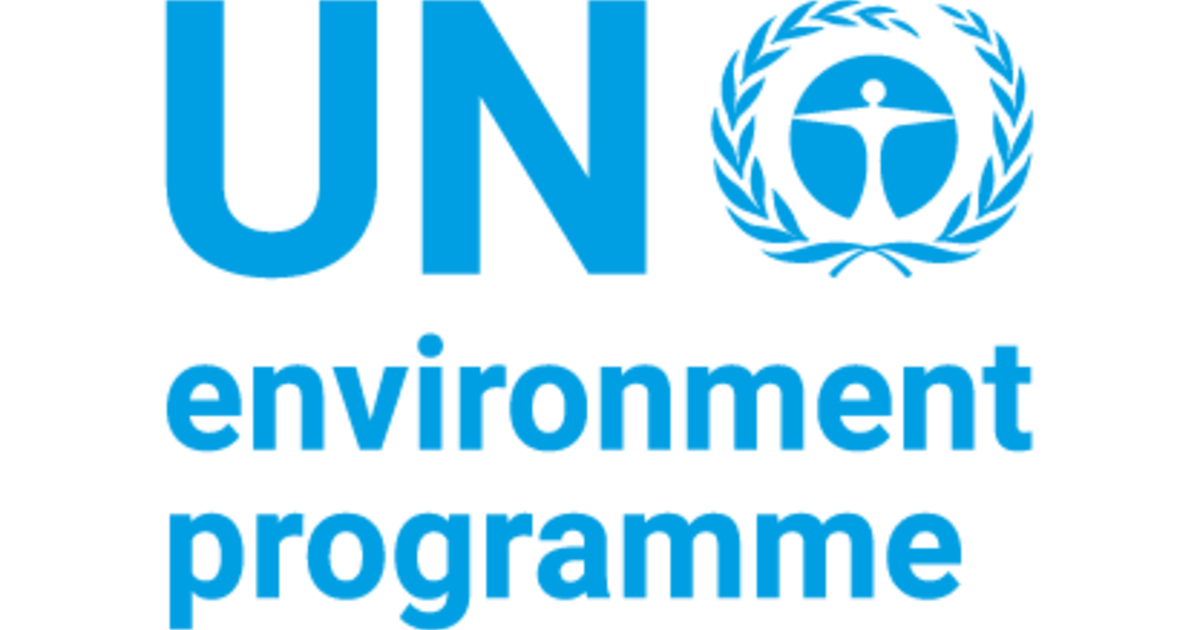
United Nations Environment Programme (UNEP)
The UN Environment Programme (UNEP) has been promoting the shift to Sustainable Consumption and Production (SCP) patterns for the past two decades. It is the custodian agency responsible for 8 out of 12 indicators under SDG 12.
UNEP guides policy development for SCP through its global frameworks, networks, programmes and partnerships, through knowledge-sharing and facilitating access to science, policy guidance, technical tools and best practices.
UNEP contributes to SDG 12.2, “achieve the sustainable management and efficient use of natural resources”, by strengthening and communicating the knowledge and scientific base for resource efficiency and SCP. This includes scientific information on natural resource use and “decoupling opportunities” as a basis for evidence-based policymaking.
Additionally, UNEP works on strengthening the sound management of chemicals and waste by supporting parties to the multilateral environmental agreements to meet their respective obligations. This work supports SDG 12.4 ‘achieve the environmentally sound management of chemicals and all wastes in order to minimize their adverse impacts on human health and the environment.’ UNEP also hosts the secretariats for several waste and chemicals-related multilateral environmental agreements and implements initiatives targeting various types of waste, including food waste and hazardous waste and chemicals.
As part of its actions towards SDG 12.6, “Encourage companies to adopt sustainable practices and to integrate sustainability information into their reporting cycle.”, UNEP collaborates with the private sector in partnerships promoting innovation, technological solutions and financing to tackle our most pressing global environmental challenges. UNEP fosters partnerships with business and industry to promote green investments and apply sustainable business practices across value chains. It also promotes and builds capacity in corporate sustainability reporting.
- 12.1.1
- 12.2.1
- 12.2.2
- 12.3.1b
- 12.4.1
- 12.4.2
- 12.5.1
- 12.6.1
- 12.7.1
- 12.c.1
10YFP Secretariat (UNEP)
Adopted in 2012 at the World Summit on Sustainable Development, the 10-Year Framework of Programmes on Sustainable Consumption and Production (10YFP) is a global commitment to accelerate the shift towards sustainable consumption and production in both developed and developing countries. Sustainable Consumption and Production (SCP) has been included as a stand-alone goal (SDG 12) of the 2030 Sustainable Development agenda, and SDG 12.1 calls for the implementation of the 10YFP at national level. The One Planet network was formed to implement the commitment of the 10YFP.
It has been mandated by the international community to be the multi-stakeholder implementing mechanism for SDG 12, drawing stakeholders together around a common approach and a shared set of objectives. It is an open partnership, and countries including all relevant stakeholders and organisations are invited to join and actively engage.
The One Planet network generates collective impact through its six programmes: Public Procurement, Buildings and Construction, Tourism, Food Systems, Consumer Information, and Lifestyles and Education. The sectoral and thematic programmes of the One Planet network are a constellation of organisations from sectors and regions around the world.
- 12.1.1
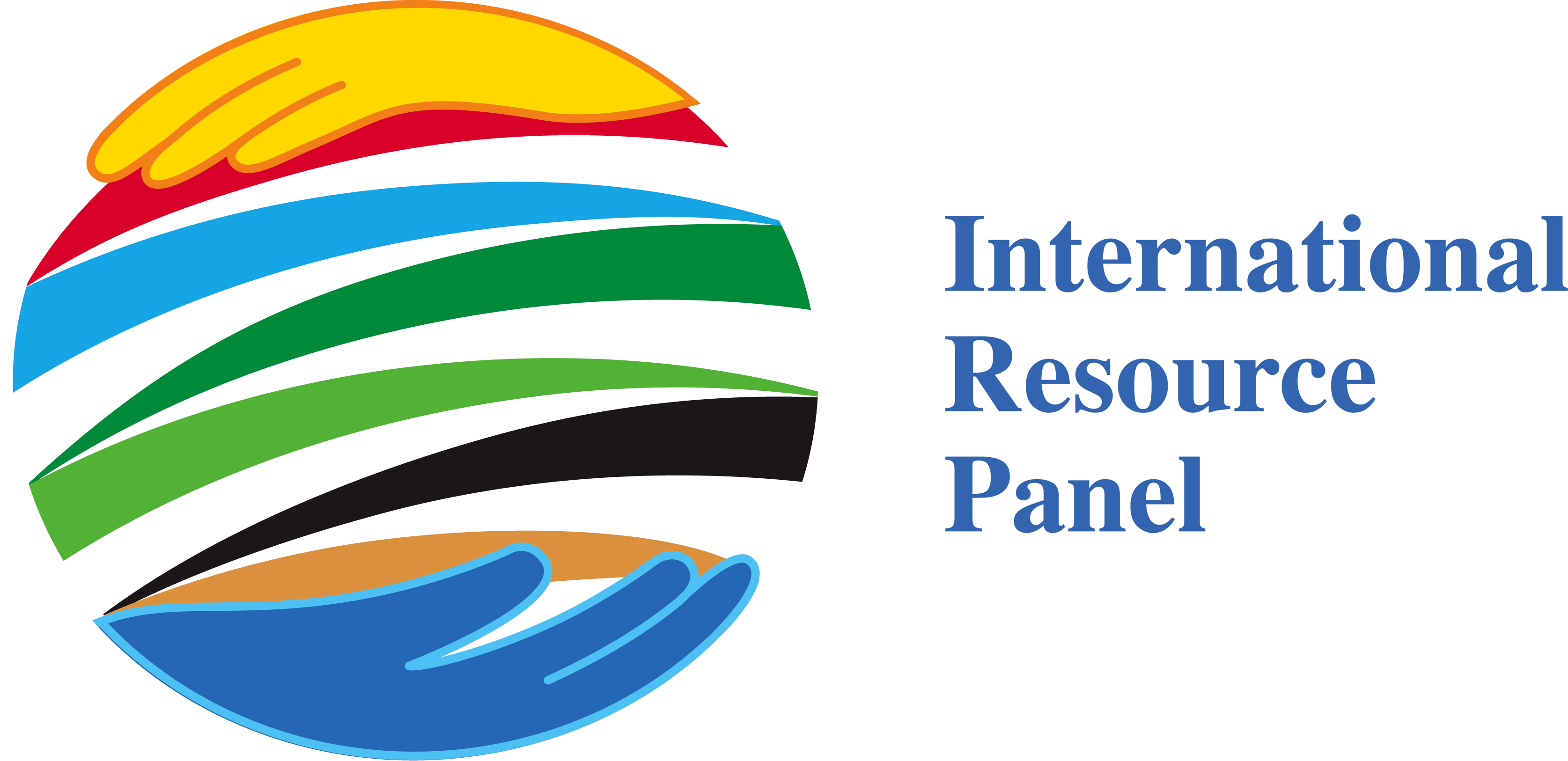
The International Resource Panel (IRP)
The International Resource Panel (IRP) is a global science-policy platform established by the United Nations Environment Programme (UNEP) to build and share knowledge needed to improve our use of natural resources. It includes scientists and governments from both developed and developing regions, civil society, industrial and international organizations. It is the custodian agency for SDG 12.2 “By 2030, achieve the sustainable management and efficient use of natural resources”.
The Panel’s goal is to steer us away from overconsumption, waste and ecological harm to a more prosperous and sustainable future. The IRP investigates the world’s most critical resource issues with a view to supporting all stakeholders to improve resource efficiency - a necessary condition to achieve the Sustainable Development Goals. For instance, in 2019 it launched the Global Resources Outlook 2019, which analysed the impacts of our growing resource use, and aimed to develop coherent scenario projections for resource efficiency and sustainable production and consumption that decouple economic growth from environmental degradation.
After UNEA4, the IRP joined forces with the One Planet network and formed a task force dedicated to releasing a report on the Value Chain Approach. The aim of this report is to make sustainable consumption and production more actionable, and provides specific analysis regarding the construction, agri-food and textile sectors.
- 12.2.1
- 12.2.2

Food and Agriculture Organization of the United Nations (FAO)
FAO is a leading actor in coordinating global initiatives, activities and projects on food loss and waste reduction, partnering with UN agencies, other international organizations, the private sector and civil society. It is the custodian agency for Target 12.3: ´By 2030, halve per capita global food waste at the retail and consumer levels and reduce food losses along production and supply chains, including post-harvest losses.`.
FAO is the custodian agency of Sub-Indicator 12.3.1a which measures Food Losses through its Food Loss Index (FLI). The FLI measures the changes in percentage losses of a country over time by comparing the percentage losses in the current period to percentage losses in the base year. The index covers the supply stages of food chains, from harvest up to but not including retail. The objective is to show the impact of policy and investment of the efficiency of the supply chain.
FAO collaborates with donors, bi- and multi-lateral agencies, financial institutions and private sector partners to develop and implement programmes on food loss and waste reduction, such as SAVE FOOD: Global Initiative on Food Loss and Waste Reduction. FAO also manages the Food Loss and Waste Database, the largest online collection of data on both food loss and food waste and causes reported throughout literature. This database aims to help monitor the state of food loss, and gathers data and information from almost 500 publications, reports, and studies from organizations like the World Bank, GIZ, FAO, IFPRI, and more.
- 12.3.1a
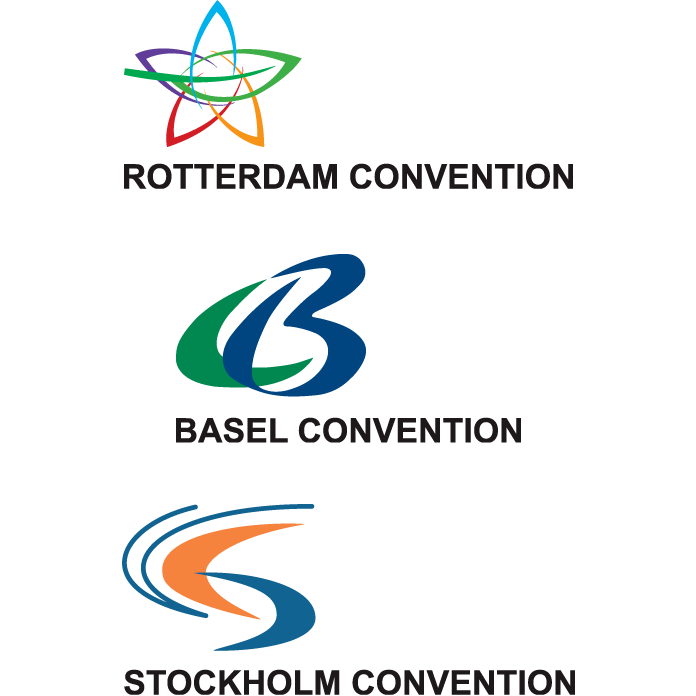
BRS Convention
The BRS Convention aims to protect human health and environment against the effects of hazardous wastes and chemicals, as well as persistent organic pollutants. This responsibility is connected to indicator 12.4.1, which relates to: “the number of Parties to international multilateral environmental agreements on hazardous waste and other chemicals that meet their commitments and obligations in transmitting information as required by each relevant agreement”.
The BRS Secretariat reports on the indicator 12.4.1 using the following parameters to measure progress made by State Parties in achieving environmentally sound management of chemicals and wastes: information that each Party, whatever its national circumstances, has the obligation to transmit to the Secretariat: designated country contacts under each Convention, national implementation plans under the Stockholm Convention, national reports under the Basel and Stockholm conventions and import responses under the Rotterdam Convention.
- 12.4.1
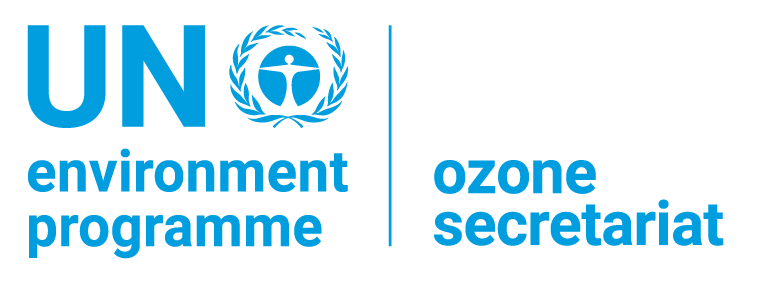
Vienna Convention/Montreal Protocol
Along with the BRS Convention and the Minamata Convention, the Montreal Protocol is the custodian agency for SDG 12.4.1, which relates to: “the number of Parties to international multilateral environmental agreements on hazardous waste and other chemicals that meet their commitments and obligations in transmitting information as required by each relevant agreement”.
The phaseout of ozone depleting substances under the Montreal Protocol is an example of ‘environmentally sound management of chemicals’ (SDG 12.4) that has stimulated innovative redesign of products, processes and equipment to use greener chemicals and technologies.
Today, the Montreal Protocol continues to drive the shift towards ‘environmentally sound management of chemicals’ through its Kigali Amendment. Agreed in 2016, the Kigali Amendment introduced controls on high global warming hydrofluorocarbons (HFC)s.
The Montreal Protocol also supports the implementation of SDG 12.3.1.b, which aims to ‘halve per capita global food waste’, through the profound changes in refrigeration and air conditioning that have resulted from the phaseout of ozone depleting substances.
Additionally, the Protocol provides successful practices encouraging shifts to more sustainable practices in companies (SDG 12.6) and individual behaviours (SDG 12.8), and in strengthening science and technology relevant to more sustainable consumption and production (SDG 12.A) by supporting the latest generation of alternative technologies across sectors.
- 12.4.1
Minamata Convention
The Minamata Convention on Mercury, as a Multilateral Environmental Agreement with the aim to protect human health and the environment from the adverse effects of mercury, is compliant with the Agenda 2030 for Sustainable Development acknowledging States’ respective circumstances and capabilities and the need for global action. Along with the BRS Convention and the Montreal Protocol, it is one of the custodian agencies of SDG 12.4.1: “the number of Parties to international multilateral environmental agreements on hazardous waste and other chemicals that meet their commitments and obligations in transmitting information as required by each relevant agreement”.
An important aspect of the Minamata Convention’s work on SDG 12.4.1 is the reduction of mercury pollution and mercury-containing wastes. It does so by promoting the introduction alternative products, processes and technologies that are mercury-free, cost-effective and in line with best available technology guidelines.
- 12.4.1

United Nations Statistics Division (UNSD)
The United Nations Statistics Division is the custodian agency for Indicators 12.4.2 “Hazardous waste generated per capita, and proportion of hazardous waste treated, by type of treatment” and 12.5.1 “National recycling rate, tons of material recycled”. The UNSD works closely together with partners in the UN coordinating efforts to effectively aid countries to strengthen their national statistical capacities to meet these indicators.
Among other issues, UNSD works towards establishing strong systems for reporting on progress towards 12.4.2 and 12.5.1. It helps countries better understand how waste and hazardous chemicals are generated, collected and recycled, to guide them and other stakeholders in identifying ways to address key waste streams.
The official UN report on progress towards the Sustainable Development Goals is launched in advance of the HLPF deliberations. This report includes an overview of the global progress towards SDG 12 based on its different indicators, which include global, regional and sub regional aggregates. They are calculated from data from national statistical systems, compiled by international agencies, on the basis of their respective mandates and specialized expertise.
- 12.4.2
- 12.5.1
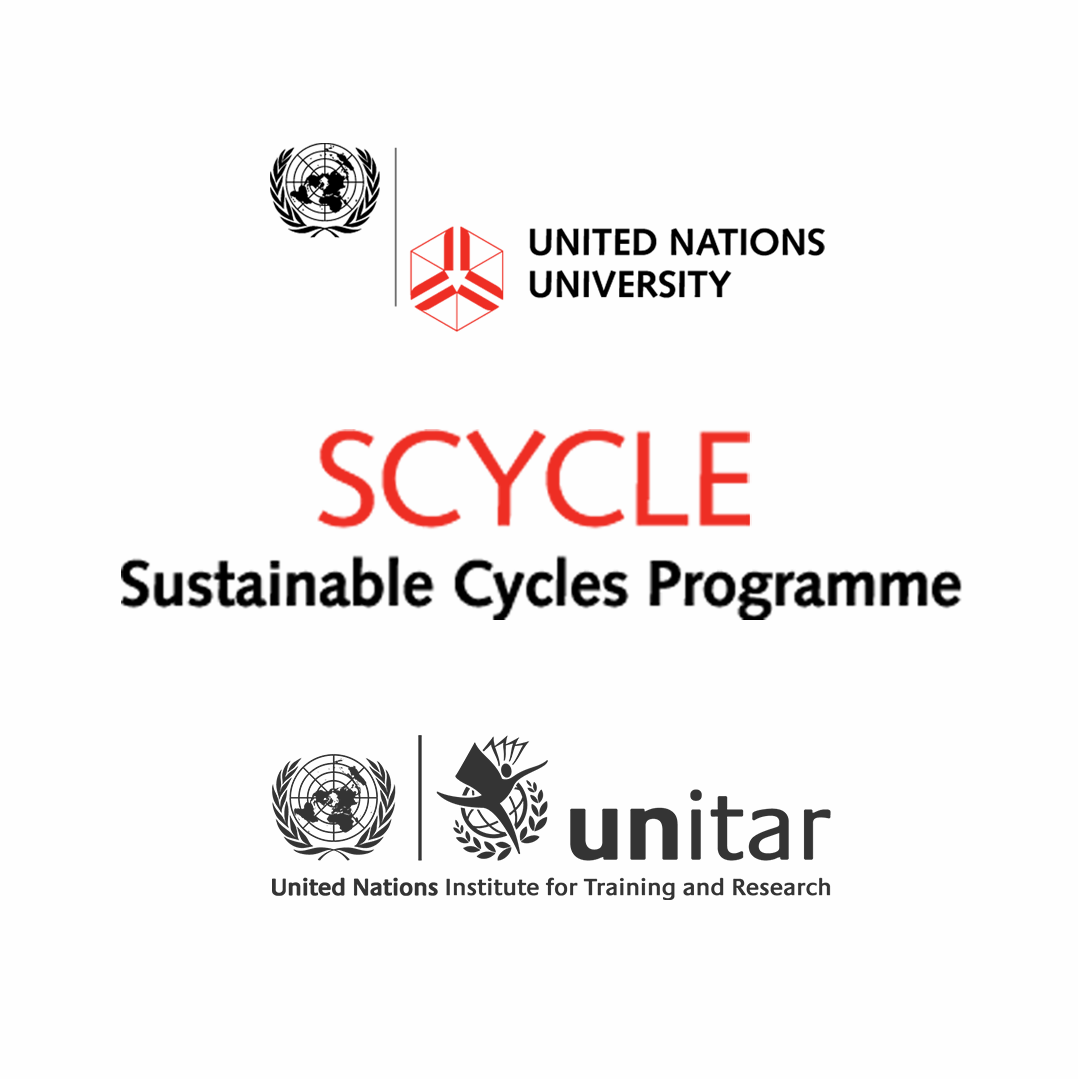
Sustainable Cycles (SCYCLE) Programme (UNU/UNITAR)
UNU is the custodian agency for Indicators 12.4.2 “Hazardous waste generated per capita, and proportion of hazardous waste treated, by type of treatment” and 12.5.1 “National recycling rate, tons of material recycled”, along with the United Nations Statistics Division. UNU has several initiatives on SDG 12, mainly centered around building sustainable infrastructure, ensuring efficient use of natural resources, and generating cleaner energy and less waste.
UNU is also heavily focused on its Solving the E-waste Problem initiative, which supports both Indicators 12.4.2 and 12.5.1. Electronic waste is one of the world’s largest and most problematic waste streams, accounting for 47 million metric tonnes of toxic garbage each year. This global initiative aims to dramatically reduce e-waste through policy change, product re-design, re-use, and recycling.
Additionally, UNU’s International Satoyama Initiative supports the implementation if SDG 12.3 by supporting the development of resilient agricultural systems that can respond to system shocks from climate change and that prioritize sustainable resource management.
- 12.4.2
- 12.5.1
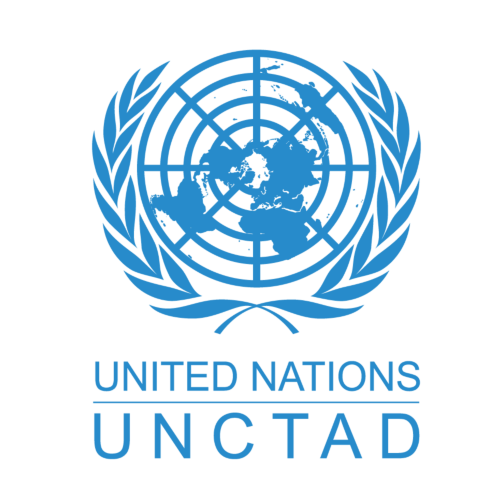
United Nations Conference on Trade and Development (UNCTAD)
Along with UNEP, UNCTAD is the custodian agency for 12.6.1: “Number of companies publishing sustainability reports.” As part of this responsibility as a custodian agency, UNCTAD leads the methodological development of indicator 12.6.1 and oversees the data collection and reporting process up to 2030. UNCTAD and UNEP identified four themes for sustainability reporting: economic, environmental, social and institutional and governance.
UNCTAD serves as the Secretariat of the Intergovernmental Working Group of Experts on International Standards of Accounting and Reporting (ISAR), the United Nations focal point on accounting and corporate governance matters. ISAR facilitates the exchange of views and best practices, building consensus, developing guidance documents, and providing technical assistance on issues related to both financial and sustainability/SDG reporting. Since the adoption of the 2030 Agenda, ISAR focuses on harmonization of companies reporting on their contribution to the SDG implementation.
Additionally, UNCTAD is also part of the Sustainable Stock Exchanges initiative.
UNCTAD contributes to the implementation of other SDG12 Targets. For instance, UNCTAD supports the work of the Commission for Science and Technology for Development, which helps strengthen science, technology and innovation for sustainability (SDG 12.a.1). UNCTAD has also studied and proposed tools to encourage the development of sustainable tourism (SDG 12.b.1).
- 12.6.1

United Nations Educational, Scientific and Cultural Organization (UNESCO)
UNESCO is committed to educating the public about Sustainable Consumption and Production (SCP), directly contributing to indicator 12.8.1: “Extent to which (i) global citizenship education and (ii) education for sustainable development are mainstreamed in (a) national education policies; (b) curricula; (c) teacher education; and (d) student assessment”.
Without access to relevant information, knowledge and the skills necessary to act, individuals will not be able to adapt their behaviours in ways that are necessary to ensure that their lifestyles promote sustainable development and environmental protection. One means by which this can be achieved is through education.
Quality education contributes to reducing waste generation through the introduction and practice of the four 'Rs' - Reduce, Reuse, Recycle and Recover. Keeping the public informed and educated is crucial to promote sustainable lifestyles that ensure we live harmony with nature. The scientific and technological capacities, particularly of developing countries, can be strengthened through education efforts, thereby moving towards more sustainable patterns of consumption and production.
Indicator 12.8.1 measures the extent to which countries mainstream global citizenship education and education for sustainable development in their education systems. This is an indicator of characteristics of different aspects of education systems: education policies, curricula, teacher training and student assessment. It measures what governments intend and not necessarily what is implemented in practice in schools and classrooms.
The data required for the indicator are collected every four years as part of the regular monitoring of the implementation by UNESCO Member States of the 1974 Recommendation concerning Education for International Understanding, Co-operation and Peace, and Education relating to Human Rights and Fundamental Freedoms.
- 12.8.1
World Tourism Organization (UNWTO)
The UNWTO is committed to facilitating the role of the tourism sector towards Sustainable Consumption and Production (SCP). It is the custodian agency of Indicator 12.b.1, “Implementation of standard accounting tools to monitor the economic and environmental aspects of tourism sustainability”.
UNWTO co-leads the Sustainable Tourism Programme (STP) of the 10-Year Framework of Programmes on Sustainable Consumption and Production Patterns (10YFP). The programme aims to develop SCP practices that result in enhanced economic, social and environmental outcomes and promote sustainability in the tourism sector.
UNWTO recently released the report ‘Baseline Report on the Integration of Sustainable Consumption and Production Patterns into Tourism Policies,’, in collaboration with the UN Environment Programme (UNEP). The report outlines additional ways in which the UNWTO is currently contributing to SDG 12 targets by promoting more sustainable national tourism policies.
For instance, by encouraging tourism policies that address SCP impact areas, UNWTO directly contributes to achieving SDG 12.1 and mainstreaming SCP into national policies. UNWTO also plays a part in promoting tourism policies that contribute to SDG 12.3, given the relevance of gastronomy and food to tourism.
UNWTO helps promote tourism policies can encourage more sustainability reporting by tourism businesses to advance SDG 12.6 and increase information availability on the impacts of tourism.
- 12.b.1

The International Renewable Energy Agency (IRENA)
The International Renewable Energy Agency (IRENA) is an intergovernmental organisation that supports countries in their transition to a sustainable energy future, and serves as the principal platform for international cooperation, a centre of excellence, and a repository of policy, technology, resource and financial knowledge on renewable energy.
IRENA promotes the widespread adoption and sustainable use of all forms of renewable energy, including bioenergy, geothermal, hydropower, ocean, solar and wind energy in the pursuit of sustainable development, energy access, energy security and low-carbon economic growth and prosperity.
With a mandate from countries around the world, IRENA encourages governments to adopt enabling policies for renewable energy investments, provides practical tools and policy advice to accelerate renewable energy deployment, and facilitates knowledge sharing and technology transfer to provide clean, sustainable energy for the world’s growing population.
- 12.a.1